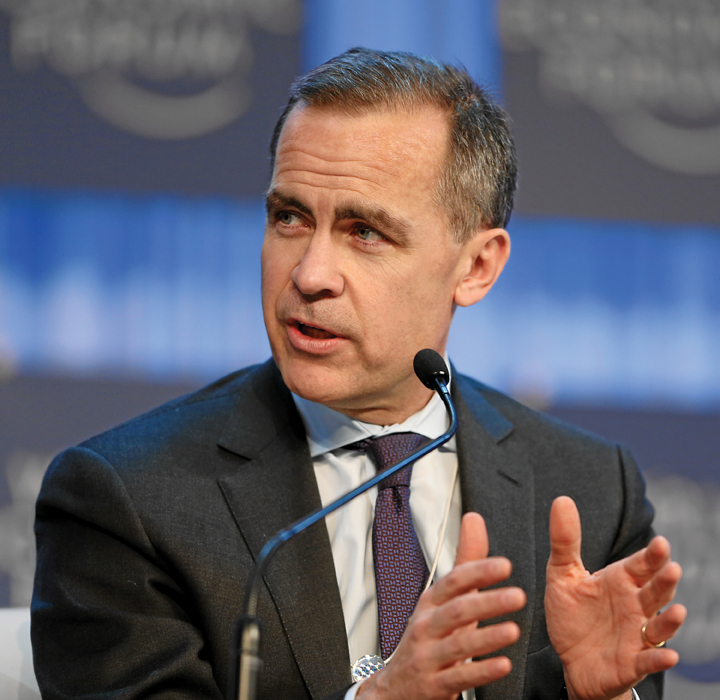Investing
Carney ties rate rise to recovery of UK businesses

Britain must see a business recovery before interest rates can begin to rise, according to Mark Carney, the Governor of the Bank of England.
Carney (pictured) said the country had enjoyed a “consumer-led recovery” but that businesses must begin investing at a much greater rate for him to be convinced the time is right to raise rates, the Telegraph reports.
“The key to this recovery sustaining itself is going to be around business investment,” said Carney in an interview on the BBC’s Andrew Marr Show.
He added: “It’s part of the reason why we’re trying to provide as much clarity to business; that the path of monetary policy, the path of interest rates is going to be calibrated very carefully to ensure that only when we see sustainable growth in jobs, in incomes and in spending will we make adjustments.”
Carney signalled bonus rules could become tougher with time and said any payouts should be “deferred for a very long time”, but he refused to be drawn on the subject of Barclays’s decision last week to increase staff awards despite a fall in profits.
However, he added that no bank should pay bonuses if it would hurt their ability to withstand future losses.
“Their [banks] ability to pay bonuses is restricted if their capital levels start to reduce…these are new rules and these are hardwired. Particularly the last one is hardwired into the capital system and that will start to have real teeth as time goes on,” he said.
Last week, the Bank of England signalled that rates were unlikely to rise before 2015 as Carney reversed his forward guidance policy introduce last August as unemployment fell faster than previously expected.
Under the policy, a fall unemployment to below 7% was given as a threshold for raising rates, with the Bank predicting this would happen no earlier than 2016. However, the jobless rate is now forecast to fall to 6.9% by March, and 6.3% by the end of the year.